The Future of Express Courier Delivery: Trends and Predictions
May 05, 2024
5 min read
Introduction
Over the past few years, the eCommerce or online marketing domain in India has witnessed rapid expansion, given the rising internet usage, digitalization, and changing client choices. Nevertheless, one of the vital challenges that online businesses face, irrespective of their team size, is optimizing the shipping process.
Efficient shipping not only guarantees client satisfaction but further influences productivity and competitiveness within the online business domain. In this blog post, you will get a detailed overview of the fundamentals of eCommerce shipping within the Indian setting and explore tailored eCommerce shipping solutions to optimize this vital aspect of online marketing.
Let’s get started!
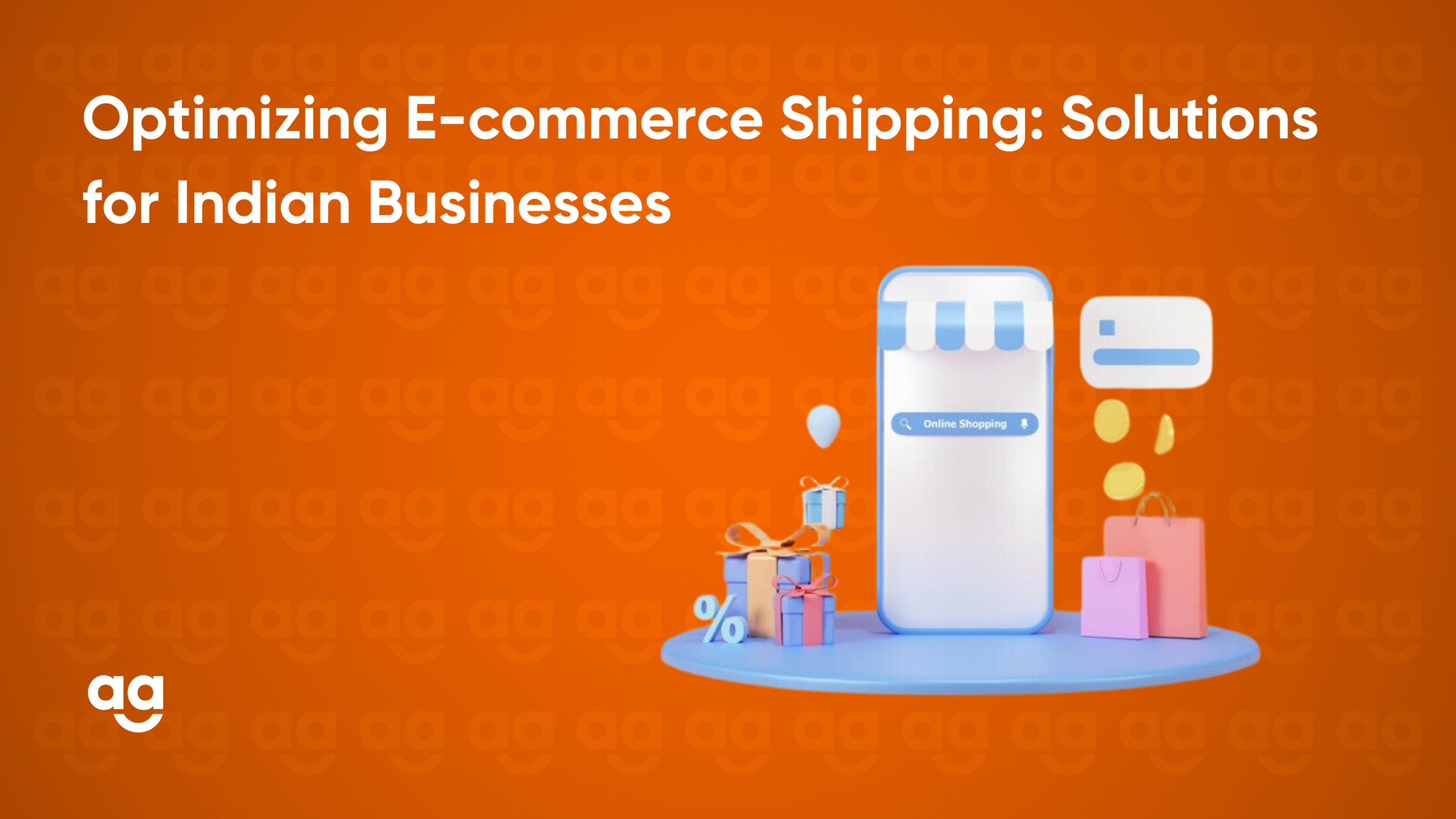
Understanding the Indian eCommerce Landscape
India’s eCommerce market is unique in numerous ways, characterized by differing geographical locations, changing infrastructure, and transportation challenges. While major cities boast well-established logistics structures, catering to remote locations can be highly challenging.
In addition, the Indian customer base is excessively price-sensitive, looking for quick and price-efficient shipping choices. Meeting these requirements while keeping up profitability requires thoughtful planning and creative solutions.
Solutions for Optimizing eCommerce Shipping
Indian eCommerce businesses can use different strategies to optimize their shipping operations, from streamlining transportation to improving client experience.
Here are a few viable solutions, especially for Indian businesses, to streamline their eCommerce shipping processes.
Invest in Powerful Logistics Infrastructure
Building a strong logistics framework is essential for eCommerce businesses. Collaborating with dependable courier services and courier companies with a wide reach ensures proficient last-mile delivery.
Furthermore, leveraging technology for route optimization, real-time shipment tracking, and stock administration streamlines operations.
Utilize Regional Warehousing
Setting up regional warehouses strategically throughout the country is advantageous for reducing costs and delivery times. This decentralized technique facilitates quicker order completion and lessens the burden on centralized warehouses.
Also, it facilitates compliance with interstate regulations and minimizes the impact of delivery disruptions in one region.
Execute Dynamic Cost Strategies
Executing dynamic cost techniques based on aspects like distance, shipment weight, and delivery speed enables businesses to offer competitive shipping rates while maintaining profitability.
Presenting free shipping over a certain order value can incentivize clients to spend more, subsequently offsetting shipping costs.
Examine Additional Shipping Models
Creative shipping models can help extend delivery systems and reach localities with restricted accessibility. This includes crowd shipping, where people dispatch packages during their commute, or associations with regional businesses for order pickup points.
Leveraging technological platforms that encourage peer-to-peer delivery can be cost-effective and ecologically sustainable.
Optimize Shipment and Weight Management
Effective packaging not only safeguards the shipment during transit but also minimizes shipping expenditures.
Utilizing lightweight shipment materials and optimizing package proportions to decrease weight can lead to considerable cost savings. Besides, executing economical packaging practices aligns with ecological concerns and improves brand reputation.
Offer Multiple Shipping Options
Providing clients with different shipping choices based on their preferences caters to different needs and enhances client satisfaction. This includes standard delivery, express courier, or same-day delivery.
Also, joining hands with different courier companies offers flexibility in choosing the most cost-effective and dependable shipping procedure for each order.
Leverage Technology Solutions
Technology plays an essential part in optimizing eCommerce shipping operations. Leveraging shipping administration software that integrates with eCommerce stages automates order processing, creates shipping tags, and offers real-time tracking updates.
Besides, leveraging data analytics allows businesses to optimize shipment routes, forecast requests, and identify scope for improvement.
Final Thoughts
Optimizing eCommerce shipping is important for Indian businesses aiming to thrive in the competitive online business domain.
Hence, prompt decision-making, skillfulness, and a focus on changing client needs are essential in a rapidly evolving online marketplace. These factors will help businesses remain ahead of competitors and build profitable eCommerce businesses in India.
Moreover, if you are looking for dependable logistics solutions to scale up your business operations, look no further than Shipyaari. Shipyaari can be your one-stop destination to streamline your logistical requirements and take your business operations to a whole new level.
So why wait? Sign up today to simplify your shipping processes.
Frequently Asked Questions
The main challenges include catering to diverse geographical locations, dealing with inconsistent infrastructure, and meeting the demands of price-sensitive customers while maintaining profitability.
Regional warehousing reduces delivery times and costs, facilitates quicker order fulfillment, ensures compliance with interstate regulations, and minimizes disruptions from regional issues.
Dynamic cost strategies involve adjusting shipping rates based on factors like distance, weight, and speed of delivery, offering competitive rates while maintaining profitability. Offering free shipping over certain order values can also incentivize higher spending.
Suggested Reads
Hyperlocal Personalization: Tailoring Experiences for Local Customers
Introduction The eCommerce industry in India has witnessed a rapid growth of hyperlocal services in
Continue ReadingDec






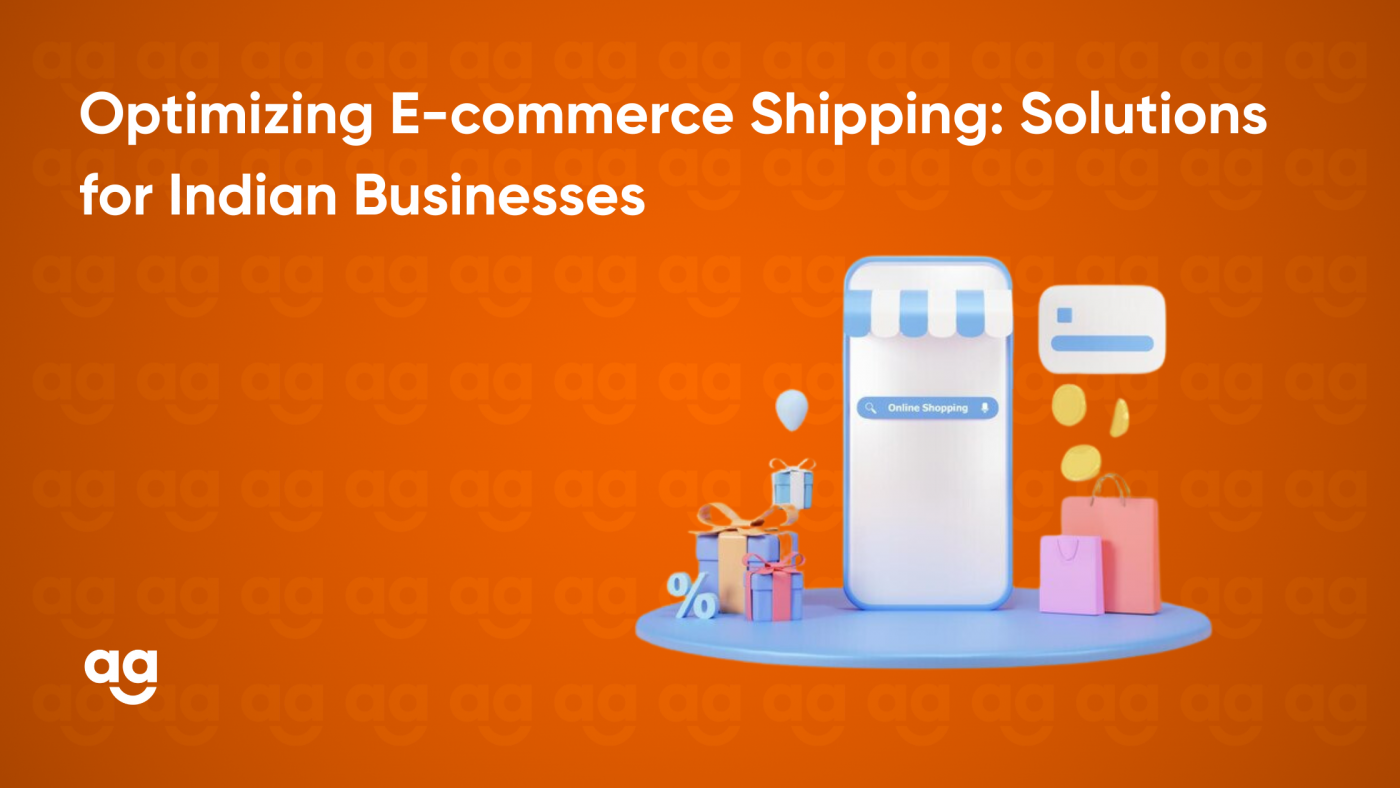



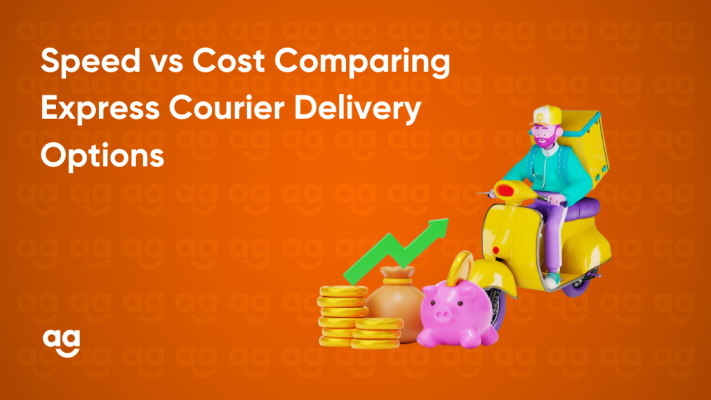



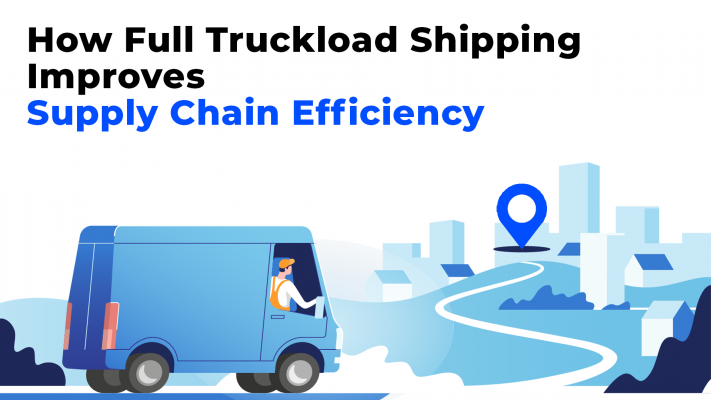

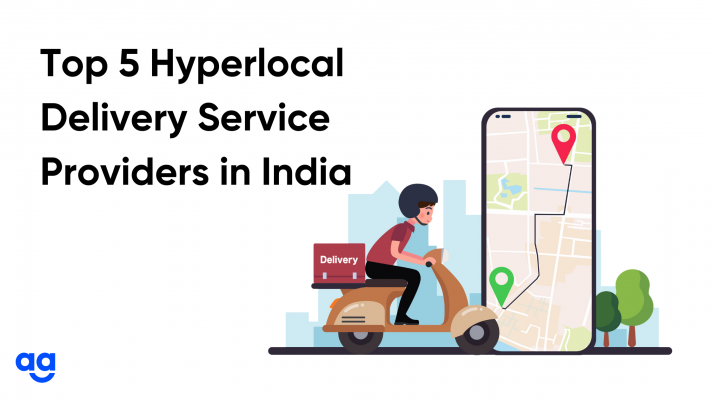
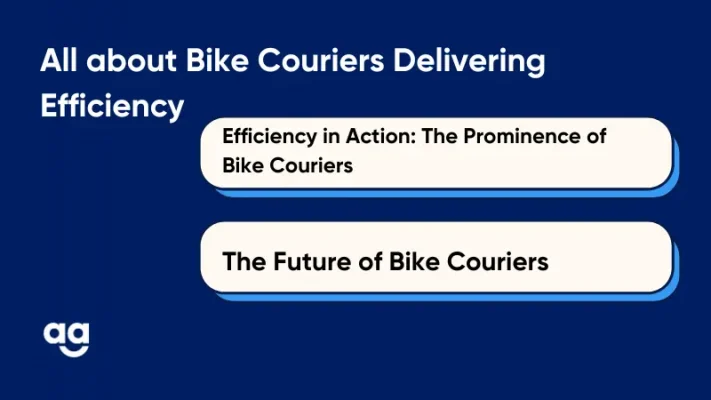

 Shipping
Shipping







